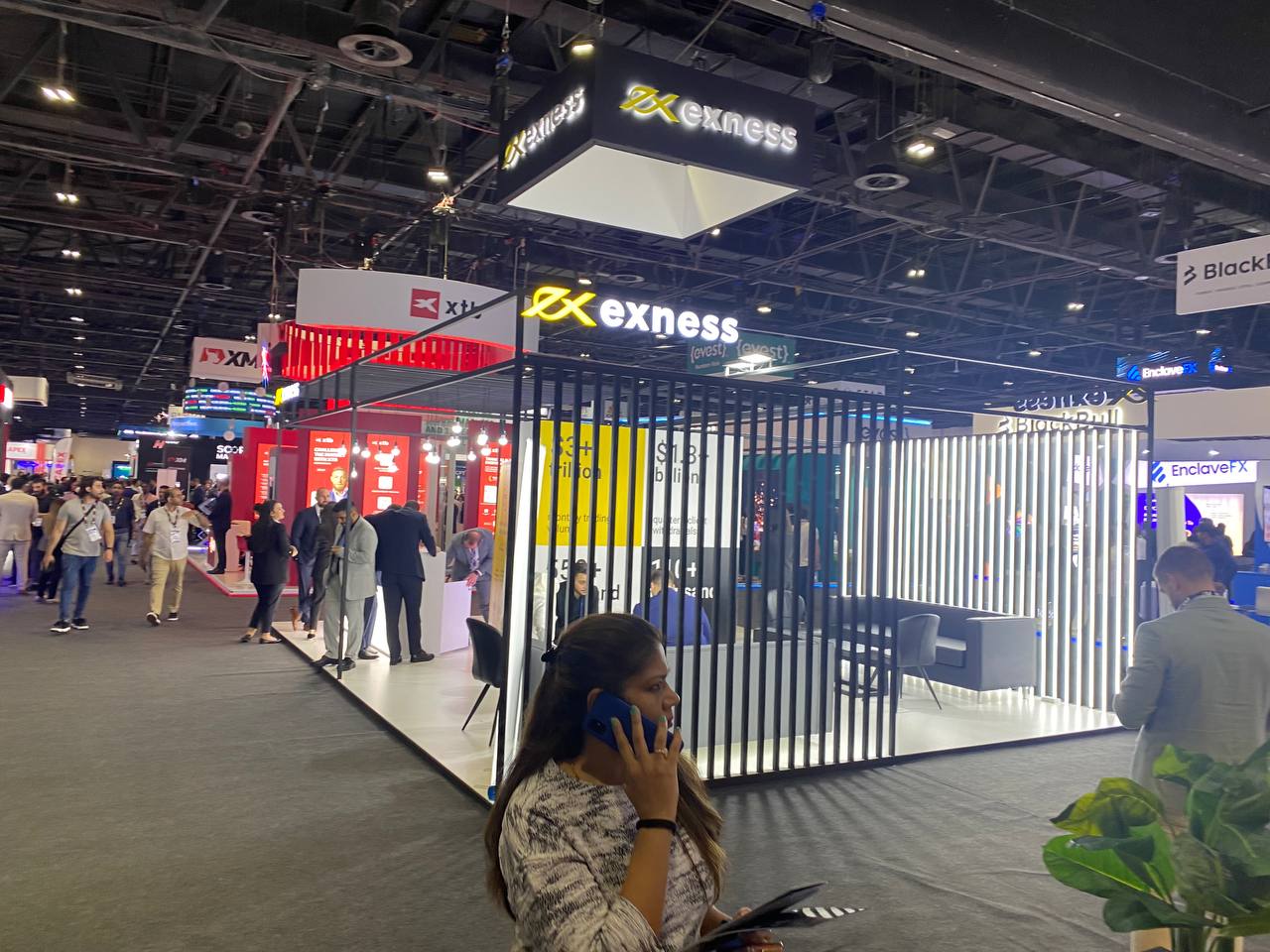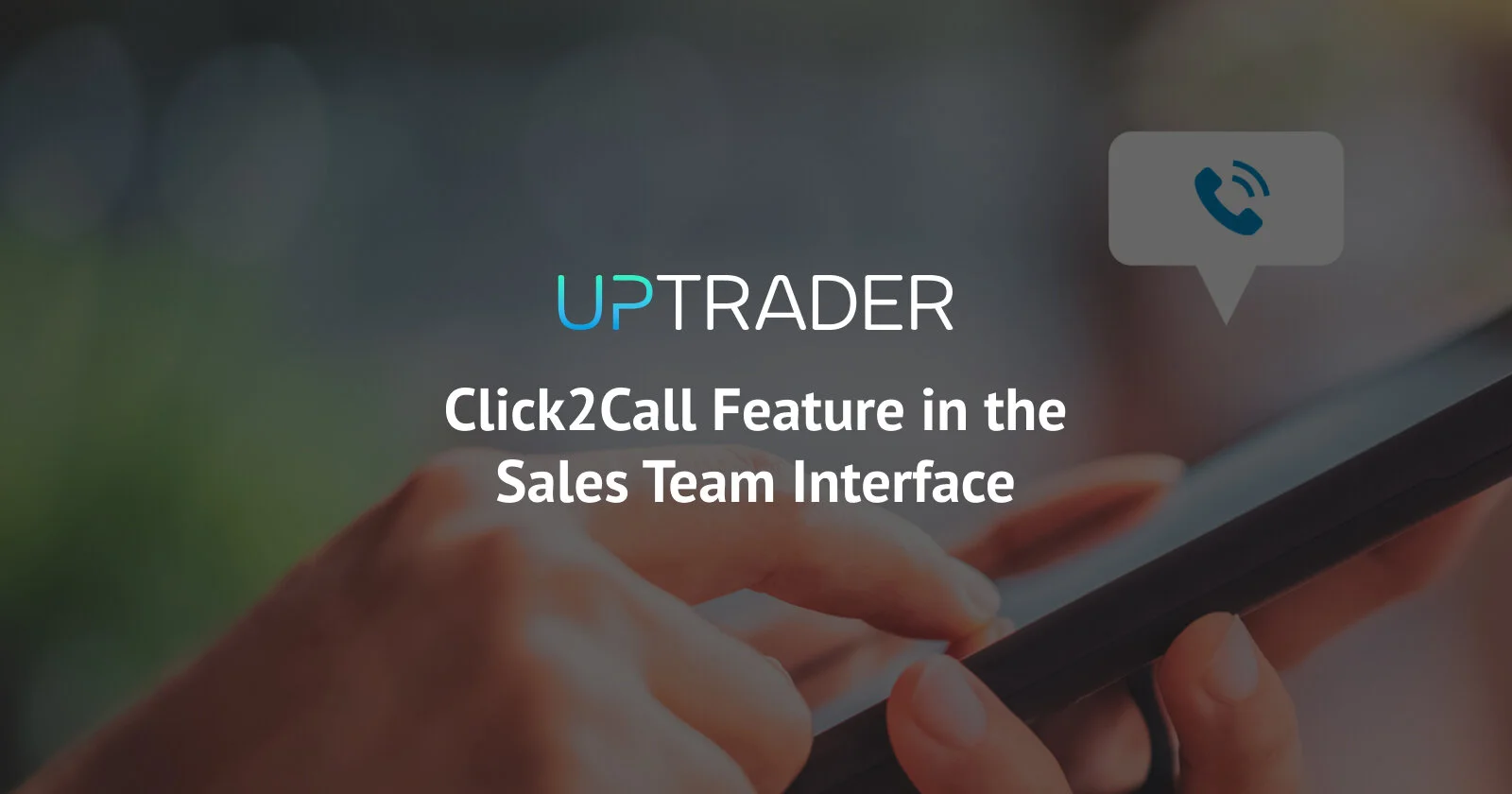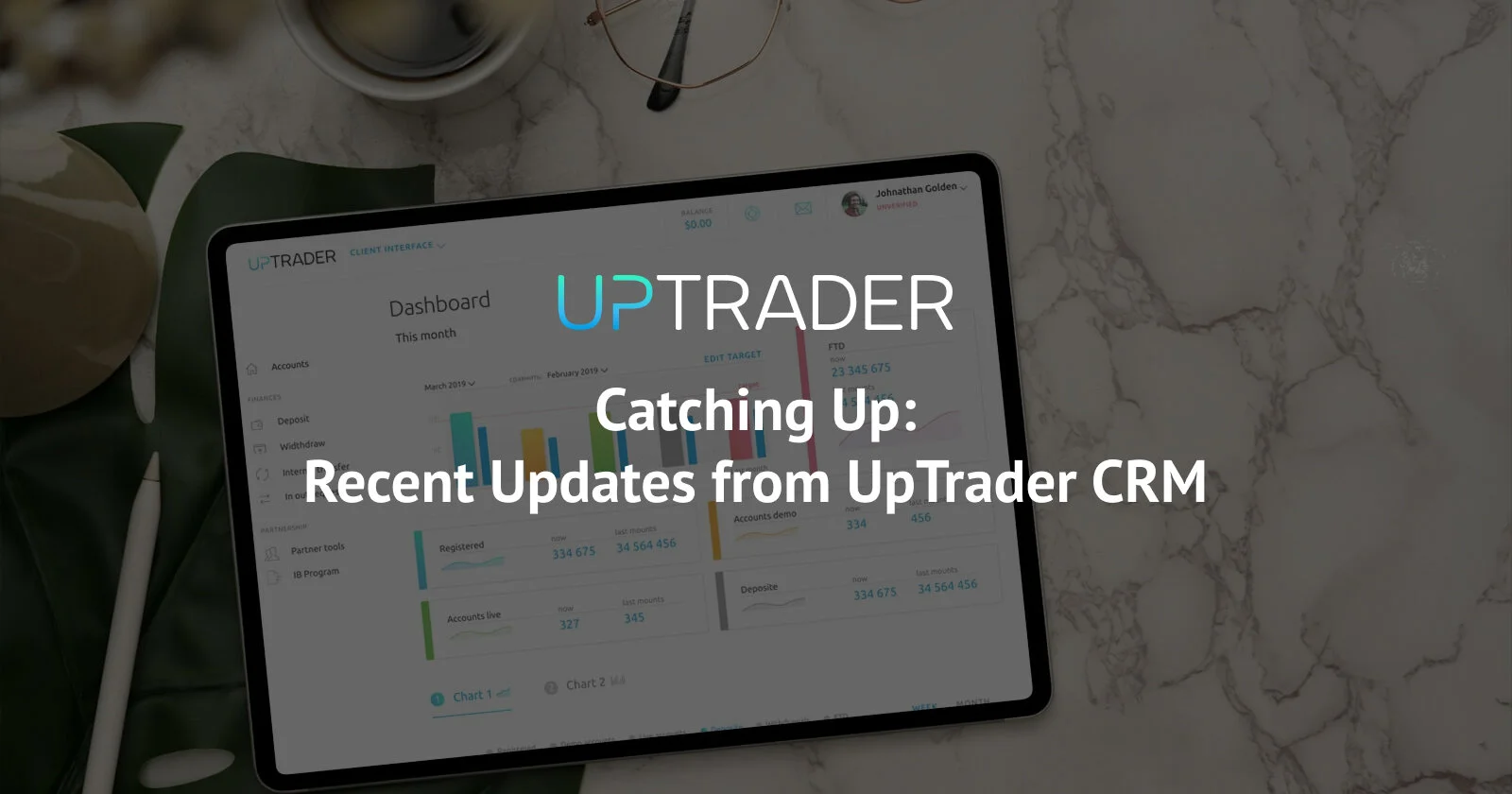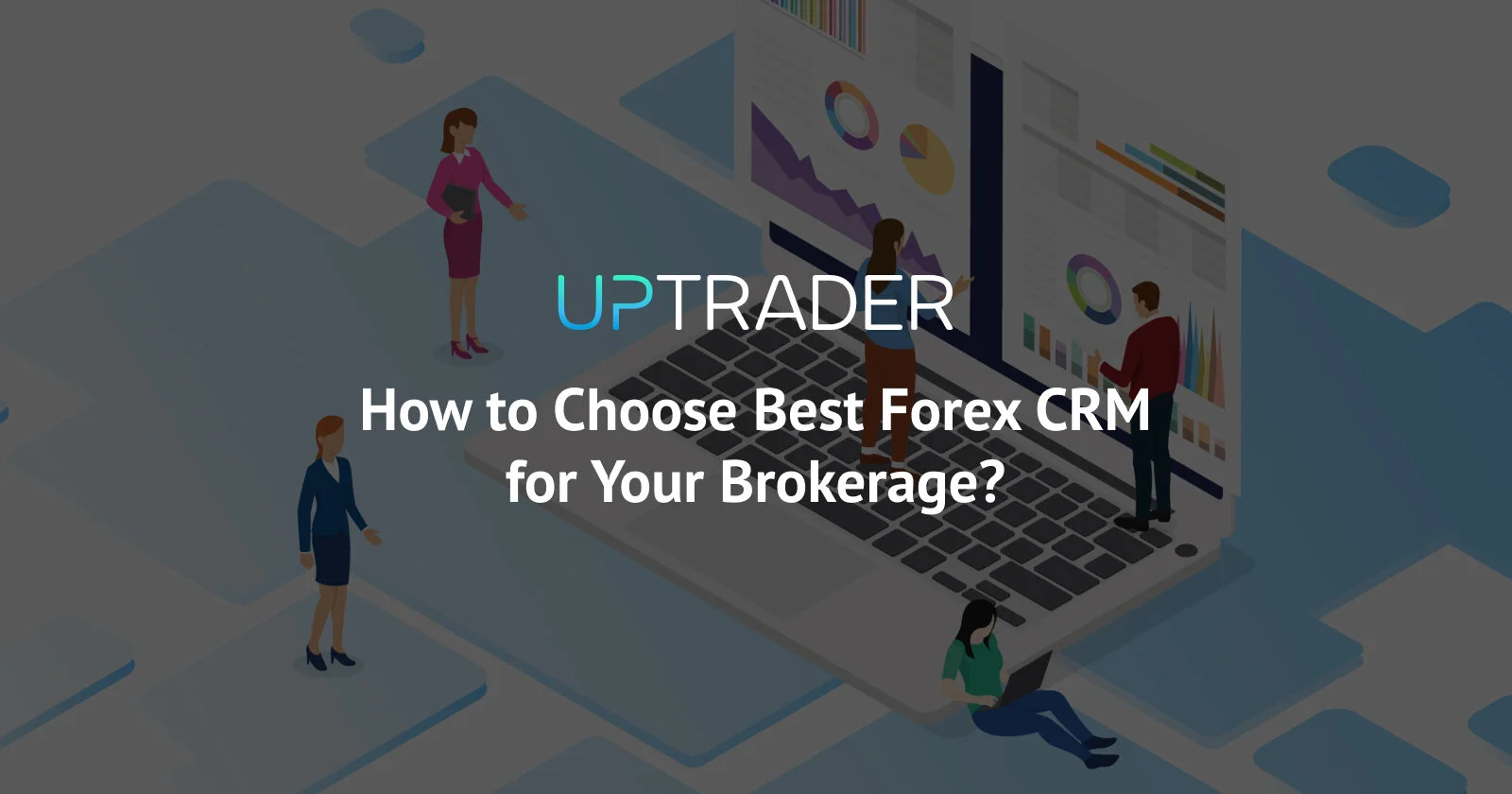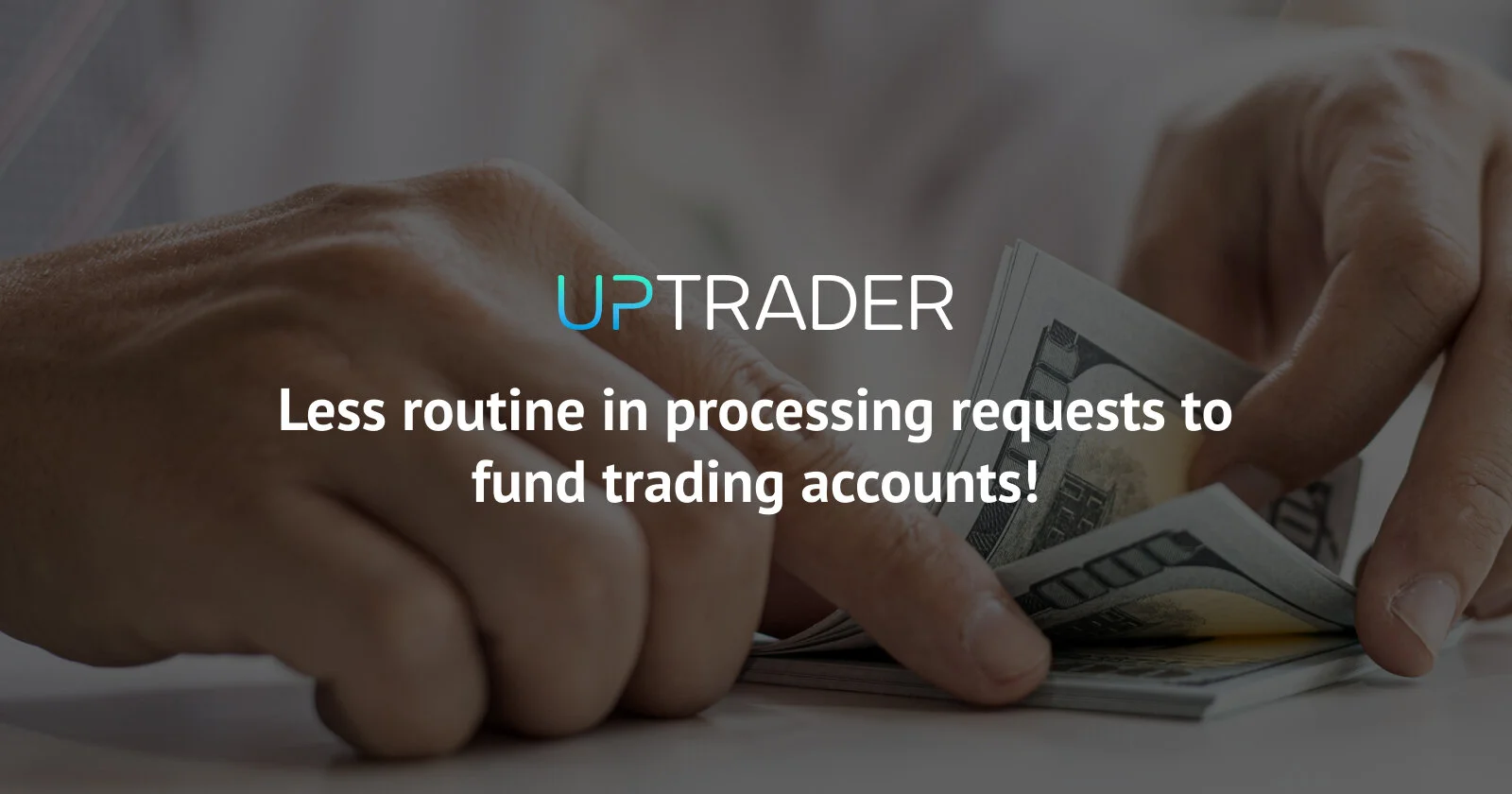Currently, in the Forex Fintech market, there are some CRM systems offered for brokers. All of them consist of crucial features for running a business. So, on what criteria should one select the best Forex CRM for your brokerage company? We present a list of parameters based on the requests of clients from Forex CRM Provider UpTrader that will help guide your choice.
The Forex CRM should be designed specifically for brokers and should be the main product of the company.
No compromises. In this case, you can be sure that the company is serious about the product and dedicates 100% of its time to it, building their entire business around it. Secondly, you can be confident that the product won't halt its development at the MVP stage. The product will definitely be refined and improved. And the earlier you start working with the company, the likely cheaper the product will be for you, and you might even get a chance to participate in the enhancement of its features. In UpTrader, we are open to discussing modifications or development of certain features. The decision is based on many factors, such as feasibility and timelines.
Various Pricing Plans
A wide price range for everyone, from very small companies to enterprises, first and foremost indicates that the product has a diverse array of configurations, from simple to complex. With these, small companies can meet their primary needs at a reasonable price, while large brokers can build an effective sales funnel. At the same time, the company shows flexibility and readiness to adjust to different audiences, which overall demonstrates the company's loyalty and customer-oriented approach. The UpTrader Forex CRM pricing starts at $499 per month, and small brokers will find all the necessary features for running their business.
High-Quality Support
Needless to say, even the best product will lose out to competitors if it has weak customer support. Customer support is crucial at every stage of interaction with the company. Trust and confidence in a partner are existentially important for your business. Even during the setup stage, you'll be able to evaluate and gain confidence in the fact that your future Forex CRM Provider is always available and assists with any queries. When choosing a CRM, look at how customer-focused the company is and how individualized their approach is.
Forex CRM Features
Every software vendor strives to provide a broad spectrum of features, but the question brokerage firms often ask first is: Which trading platforms can the Forex CRM integrate with? The predominant requests revolve around compatibility with MetaTrader 4/5 and cTrader. Most systems seamlessly integrate with MetaTrader 4/5, but integration with cTrader is emerging as the platform climbs in popularity. When it comes to payment systems incorporated into the CRM, it's vital to consider both existing integrations and the vendor's willingness to add new ones. Some vendors might hesitate to delve deep into payment gateway integrations and might charge a premium for such services. This reluctance is sometimes justifiable given that many popular gateways are already integrated, and the lesser-known ones may present integration challenges like inconsistent APIs or lackluster support. However, the real measure of a vendor's commitment is their adaptability to your unique requirements. For many firms, features like Affiliate Programs and CopyTrading Platforms are non-negotiable. At UpTrader, we have all of that. Our affiliate program is advanced in terms of rewards and reports, and the CopyTrading Platform is the most user-friendly in the market since it's integrated as a part of the CRM, allowing for the management of copy trading and trading from a single interface. On top of all this, UpTrader CRM includes a bonus program, a tiered status system, the ability to post banners and send notifications, customize the design, set up deposit/withdrawal confirmations, and much more. We are currently preparing for the release of the Sales Module - a superb tool for building sales funnels and managing the sales department. We also plan to add trading statistics to the CRM soon.
Forex CRM Interface
Given that similar functionalities can be found among many vendors, the interface takes center stage. How user-friendly is the system? How swiftly can a team familiarize themselves with the features? Can they smoothly harness the extensive set of functions, or is the interface so convoluted that many features remain untouched, with staff and client adaptation proving cumbersome and thus ineffective? Research indicates that even if software is beneficial, users will avoid it if it's too complicated. At UpTrader, we pay meticulous attention to the interface, striving to make it pleasant and intuitively understandable so that anyone can figure out how it works without additional assistance. If there are any challenges, our team is always close by!
Conclusion:
In terms of the quantity and quality of current features, it's hard to find competitors to UpTrader Forex CRM. It's the company's main product, and therefore it's the primary focus. It has both affordable and premium pricing plans, boasts excellent customer service, and surpasses other CRMs in interface quality and convenience. Customization upon request is possible.
Don’t put it off, ask for a demo right away, email us: [email protected], or leave a request through the live chat.

